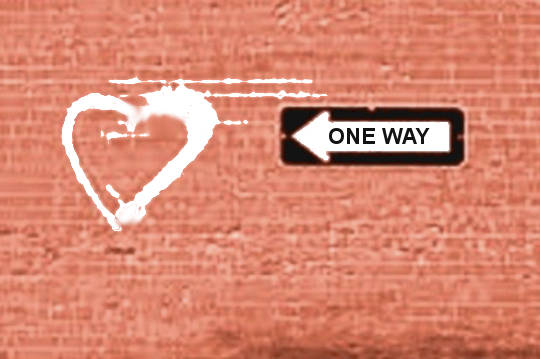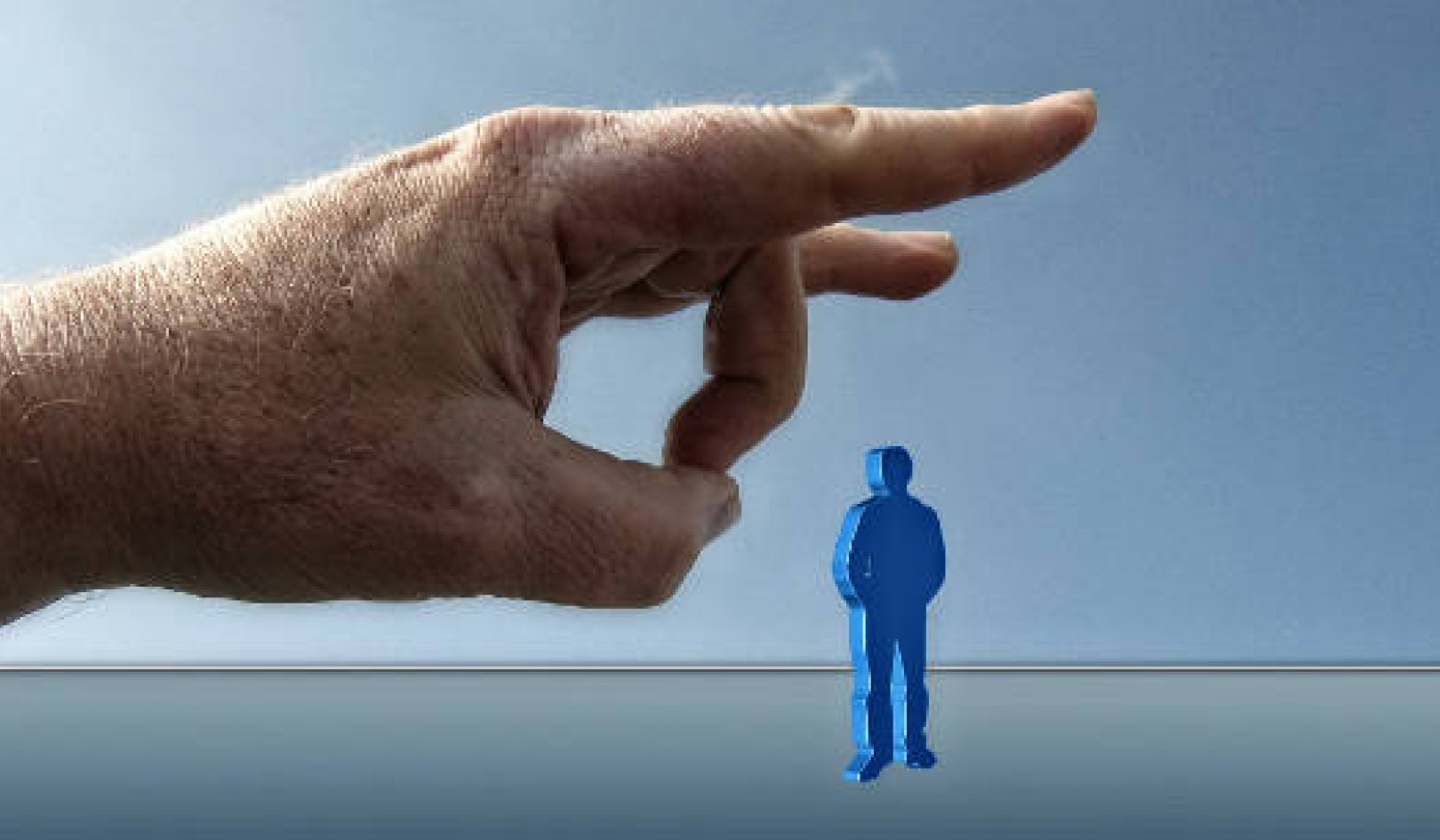
The present is the only time we can choose between love and fear. When we fret about the past or worry about what to do in the future, we accomplish nothing. And yet, our mental habit of reliving the past and rehearsing what is to come generates various forms of pain. A mental shift back into the present helps remove the source of misery. The fifth principle of Attitudinal Healing states: Now is the only time there is. Pain, grief, depression, guilt, and other forms of fear disappear when the mind is focused in loving peace on this instant.
This principle suggests another reality that is not based on linear time but rather on an instant of timelessness that can be eternally extended. It is possible to live each second within such timelessness and to experience the loving calm that awaits only our decision to focus on giving unconditional love to each other now. In this holy moment there are no expectations, no assumptions, and no confusions. We are at home in peace.
Recovering the Present
There is usually a tremendous preoccupation with the past and future when we are suffering from illness or pain. We are tempted to look at all our past miseries and wonder how long we will have to endure this. When we are ill and hurting, it often feels as if no one loves us. To the contrary, it feels as if we are being punished or in some other way attacked for something we suspect is our fault. Consequently, we may spend most of our time focused on our body, measuring the sickness and pain, wondering what we did to deserve this, and predicting that the next moment will surely be like the last. And, of course, we tend to prove these predictions right.
I have been impressed with how quickly pain can disappear when we direct our mind outside ourselves in a caring way to others. This care or joining can be in our willingness to receive love as well as our willingness to give direct help to another. Randy Romero's story is a wonderful example. He was a twenty-five-year-old who was hospitalized with cancer. His pain was difficult to control even though he was on high doses of morphine (over 100 mg. hourly). He had been very active in sports and had helped children at our Center in a project that allowed them to meet famous sports figures.
Shortly before he died, I asked Randy, "Of all the people you have heard about in sports, what person would you like to meet most of all, if it were possible?" He replied, "Bernard King." Randy admired him not only for his excellence as an athlete but because he had whipped a drug problem and now was helping others.
I didn't know anyone in the Golden State Warriors office, but I phoned anyway. The results came quickly. By 2:30 the next afternoon, Bernard King was visiting Randy, who transformed from someone bedridden and immobilized with pain into a young man filled with enthusiasm. He had his photograph taken with Bernard and they talked about drugs and laughed together as they walked down the hall in each other's arms. Randy had no pain during those two and a half hours, and later his mother told me that he said it had been one of the happiest days of his life. He died peacefully two weeks later.
There is much we can do for others, and for that very reason, there is much we can do for ourselves. Randy and Bernard experienced love simply because they gave so much of it. In the process, fear and pain disappeared. If it is true that only now is real, then the past cannot hurt us, and it will not hurt us unless we make it a part of our present. The mind can always be used to love rather than to make one more sad review of what is already finished. Let bygones be bygones; let love be now.
Guilt Is a Denial of the Present
Several months ago, I was asked to see a woman in her late fifties who had cancer of the brain. When I arrived at her home, I first spent some time with her husband, Ed. He told me his family had been fortunate because no one had ever been seriously ill prior to this, so it was quite a shock when his wife was diagnosed with cancer. She had been operated on but the cancer was not removable. Despite chemotherapy and x-ray treatment, the prognosis was guarded.
Ed said he had come from a poor family with many children. When he was seven years old there wasn't enough food to feed everyone, and he pledged to himself that when he grew up this would never happen to his family. As a young man, he went into business for himself, worked long hours, and was rarely home. His wife had raised their two children largely by herself. Ed became quite wealthy. His son joined him in the business, and life seemed satisfactory until his wife became ill. When that happened, for the first time in their marriage he decided to spend more time at home.
One day their gardener said to him, "One of the rosebushes in the garden looks like it has died. Is it all right if I pull it out and replace it?" Ed thought a moment and then said he would like to see it. As he stood looking down at the bush, it occurred to him that he had one of the loveliest rose gardens in the city, yet in the last twenty years he had never taken time to enjoy it.
"Don't pull it out. It is alive, and I would like to care for it myself," he said. Daily, Ed visited the garden to love, nourish, and water the rosebush. It began to come back to life, and several weeks later a beautiful rose appeared. Ed snipped it off and took it to his wife, whose name, of course, was Rose.
Because of how he chose to respond to his wife's illness, Ed was now able to realize how much of life he had let pass him by. He had been so preoccupied with accumulating more money for the future that he had forgotten to live in the present.
After hearing that surprising story, I talked to Rose. I asked what had been going on in her life before she developed cancer; for example, had there been any stress preceding the onset? She said no, she and her husband and children had been perfectly happy. A few minutes later, however, tears came to her eyes, and she shared some significant information. When Ed first went into business twenty-five years ago, her brother became his partner. The following year, Ed bought her brother's share of the business, but the brother felt he had not received enough money in the financial arrangement and hadn't spoken to either Ed or her since.
Rose stated that she loved both her brother and husband but felt loyalty to her husband. Through the intervening years, she had a nagging sense of guilt that she should resolve the conflict. She was depressed about the situation but had never talked about it until now. I explained to her how important I thought it was for her to resolve this. Otherwise, she might have some ambivalence about ever being happy again because she knew she would still have to face a life situation that she found painful. We talked about forgiveness, not only between her brother and her husband but also for herself. She gave me permission to bring Ed in and speak with both of them about it.
It was difficult for Ed to believe that the wife he knew so well had kept this from him while feeling such conflict for all these years. He immediately went to the phone to call her brother to ask forgiveness. The next day there was a reconciliation.
Rose, like Ed, had not been living in the present, even though the way they had avoided it had taken different forms.
Their joint recognition of the beauty and harmony always inherent in the living moment, allowed their relationship to bloom, and for the remaining months that Rose lived, they were immeasurably happier.
Nothing Is Required to Be Here Now
To live peacefully and happily in the present is so very simple that when we first become aware of it, we stand in disbelief at all we have put ourselves through before. How easy it is to forget the past and future and be content now! What do we do that makes it all so difficult? Here are three common ways we add unnecessary complication to our lives, along with suggestions on how to return to simplicity and peace:
1. If we fear the world, we will be hesitant to do anything without considering all the consequences. Since it is impossible to move even a chair without ramifications, anxiety accompanies even the smallest events of each day. How simple it is to acknowledge that we are not in a position to see the outcome of anything and that all the worry in the world cannot control the future. How simple it is to see that we can only be happy now and that there will never be a time when it is not now. We endlessly complicate our lives when our focus is on results. It is only our effort that we can control. Success lies in how we try and not in our -- or other people's -- appraisal of the effect. If we would take just half the time we spend worrying about ramifications and use it instead on direct action, nothing important would go undone. Simplicity lies in putting effort before results.
2. As a baby struggles to learn to walk, she never pauses to analyze why she just fell down. With each fall, an adjustment is automatically made. The baby instinctively knows that she is being taught and never tries to teach herself lessons she does not understand. Adults, on the other hand, spend a remarkable portion of their lives going over and over each mistake in a vain attempt to categorize what has in fact already been internally assimilated. How simple it is to resign as our own teacher. How easy it can be to turn quickly from the past, because the present is where our life is taking place.
3. Learning to respond to now is all there is to learn, and we are not responding to this instant if we are judging any aspect of it. The ego looks around for something to criticize. This always involves a comparison with the past. But love looks upon the world peacefully and accepts. The ego searches for shortcomings and weaknesses. Love watches for any sign of light and strength. It sees how far we have come and not how far we have to go. How simple it is to love and how exhausting it is to always find fault, for every time we see a fault we think something needs to be done about it. Love knows that nothing is ever needed but more love.
©2000. Reprinted with permission of the publisher,
Beyond Words Publishing. http://www.beyondword.com
Article Source
Teach Only Love: The Twelve Principles of Attitudinal Healing
by Gerald G. Jampolsky, M.D.
 In 1975, Jerry Jampolsky cofounded the Center for Attitudinal Healing in Tiburon, California, where people with life-threatening illnesses practice peace of mind as an instrument of transformation. Based on the healing power of love and forgiveness, the 12 principles developed at the center, and explained in this book, embrace the idea that total giving and total acceptance are crucial to the healing process and that attitudinal healing can lead to harmony, joy, and life without fear.
In 1975, Jerry Jampolsky cofounded the Center for Attitudinal Healing in Tiburon, California, where people with life-threatening illnesses practice peace of mind as an instrument of transformation. Based on the healing power of love and forgiveness, the 12 principles developed at the center, and explained in this book, embrace the idea that total giving and total acceptance are crucial to the healing process and that attitudinal healing can lead to harmony, joy, and life without fear.
Info/Order this book. Also available as a Kindle edition.
About the Author
 Gerald G. Jampolsky, M.D., a child and adult psychiatrist, is a graduate of Stanford Medical School. He founded the first Center for Attitudinal Healing, now a worldwide network with independent centers in over thirty countries, and is an internationally recognized authority in the fields of psychiatry, health, business, and education. Dr. Jampolsky has published many books, including his best-sellers Love Is Letting Go of Fear and Forgiveness: The Greatest Healer of All.
Gerald G. Jampolsky, M.D., a child and adult psychiatrist, is a graduate of Stanford Medical School. He founded the first Center for Attitudinal Healing, now a worldwide network with independent centers in over thirty countries, and is an internationally recognized authority in the fields of psychiatry, health, business, and education. Dr. Jampolsky has published many books, including his best-sellers Love Is Letting Go of Fear and Forgiveness: The Greatest Healer of All.
Watch an interview/video with Dr. Jampolsky: The 12 Principles of Attitudinal Healing
Related Books
at InnerSelf Market and Amazon
























